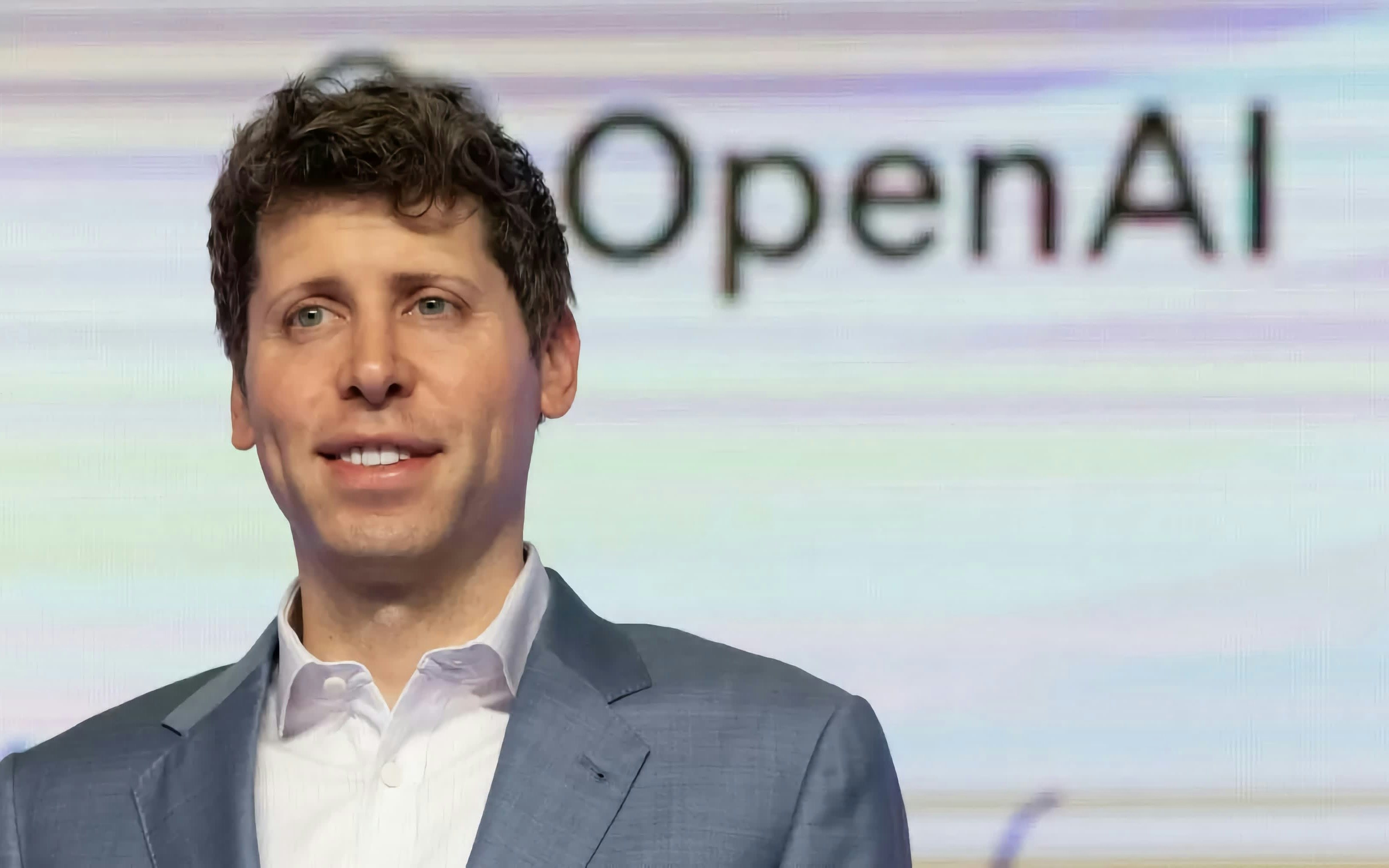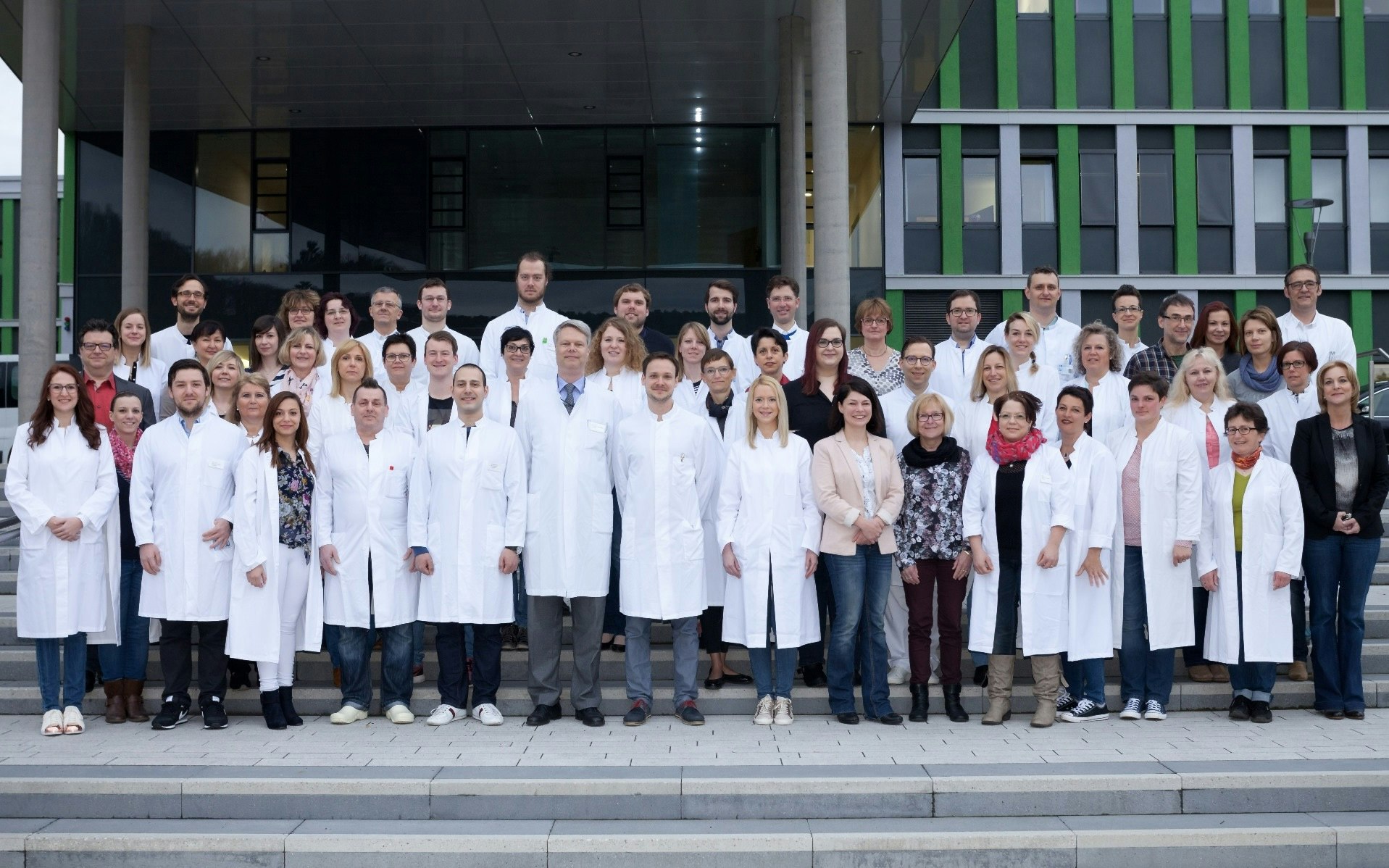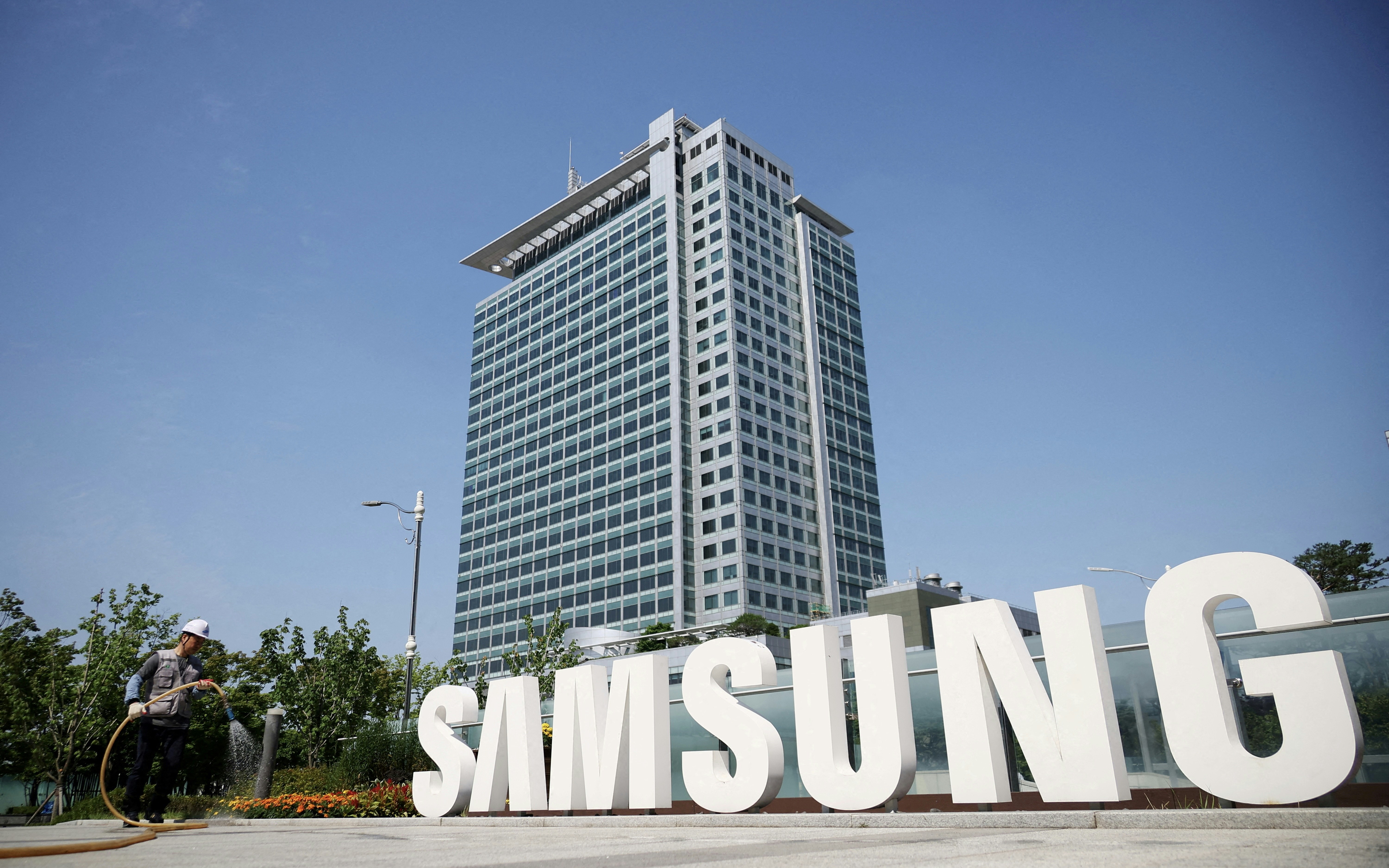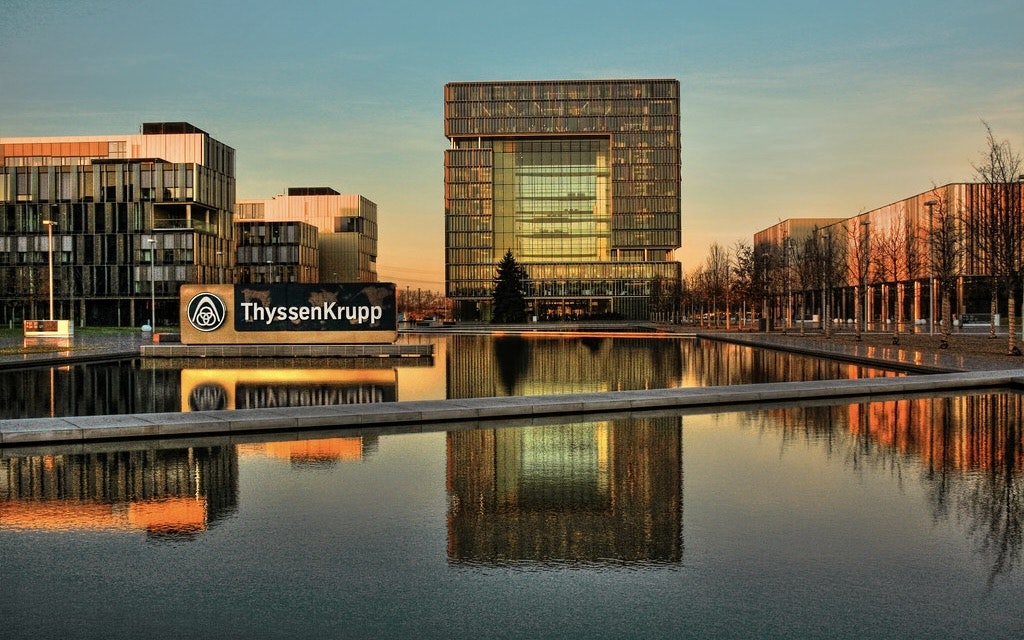After the turmoil last autumn, when CEO Sam Altman was briefly removed and then reinstated, OpenAI is still dealing with the aftermath of internal tensions. On Wednesday, longtime CTO Mira Murati unexpectedly announced her resignation, accompanied by the high-profile departures of Chief Research Officer Bob McGrew and Vice President of Research Barret Zoph. The decision was so sudden that Altman was informed only a few hours before the official announcement.
Altman's reaction to the sudden departures underscores the existing fractures within the company: "I don't want to pretend that it's normal for this to happen so abruptly," he wrote on X. Despite the internal turmoil, the company remains on an expansion course. The CEO is relying on loyal allies and strengthening his position as OpenAI pushes forward with a planned restructuring from a non-profit to a for-profit organization.
While the details of the resignation of Murati and her colleagues are still unclear, it is certain that OpenAI will redistribute the responsibility for technical areas to existing talents and new leadership. Mark Chen, previously serving as the head of research, will now take over the leadership of the research department, while Jakub Pachocki assumes the role of Chief Scientist. Altman himself is expected to become more involved in the technical processes in order to position the company in competition with rivals such as Google and Meta.
Parallel to the personnel changes, insiders confirmed that Altman has recently held discussions about the possibility of acquiring a stake in OpenAI himself. This is noteworthy, as Altman had previously intentionally abstained from holding equity to be perceived as a neutral actor in the company's management. The negotiations come at a time when OpenAI is attempting to raise more than $6 billion at a company valuation of $150 billion.
Mira Murati, who played a key role in the development of OpenAI, leaves a gap in the company. Her departure comes at a time when OpenAI had announced a technological advancement with the introduction of the new o1 model, which is expected to significantly enhance the logical reasoning capabilities of the AI systems.
For Altman, Murati's resignation also represents an opportunity to steer the company in a clear strategic direction. With new leaders in product development and finance, such as Kevin Weil (Chief Product Officer) and Sarah Friar (Chief Financial Officer), OpenAI is increasingly strengthening itself as a technology-driven but commercially oriented company. This transformation aligns with the mission to make artificial intelligence widely applicable while simultaneously tapping into new revenue streams.
Among the workforce, however, there is uncertainty about the new priorities: "Sam has always emphasized that the development of artificial general intelligence (AGI) is the goal. But several colleagues have expressed concerns that the focus is increasingly shifting towards product development, while safety issues are being pushed to the background," commented a former employee.
For OpenAI, the challenge remains to maintain the balance between rapid product development and the ethical handling of the potential risks of AGI. This is especially true in a time when the company is closely watched due to its aggressive expansion and recent power shifts.
With Murati's resignation, Altman is now in a position to shape the direction of OpenAI according to his vision. Only two co-founders, himself and Wojciech Zaremba, remain actively involved in the company, while President Greg Brockman is taking a leave of absence until the end of the year. Analysts see this as a significant concentration of power in Altman's hands, presenting new challenges for the company—both internally and in its positioning in the highly competitive AI market.
The latest developments highlight: OpenAI is evolving into a global technology corporation with clear CEO dominance – a development that is highly relevant not only for employees but also for investors.







